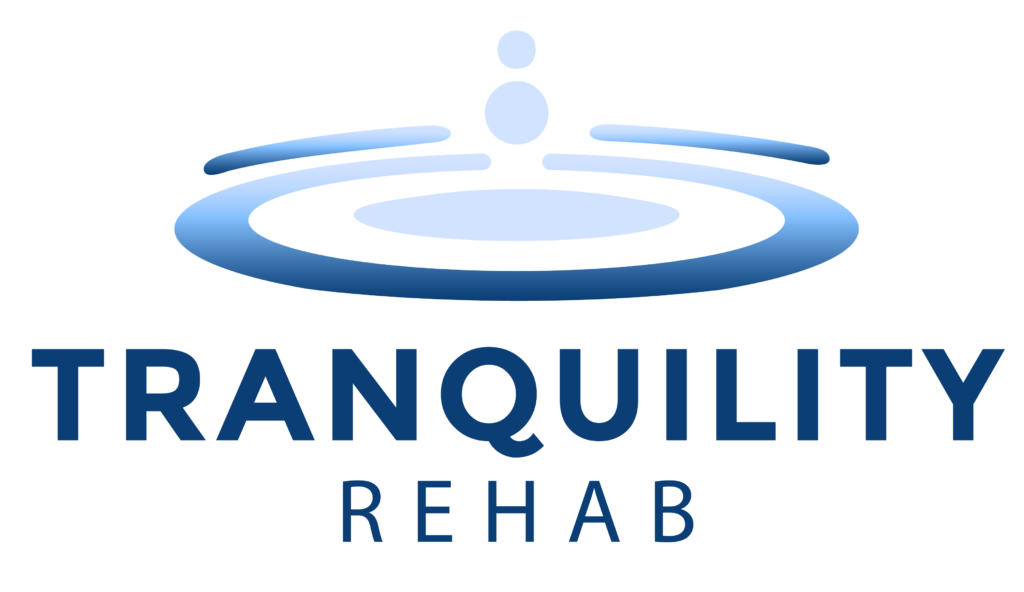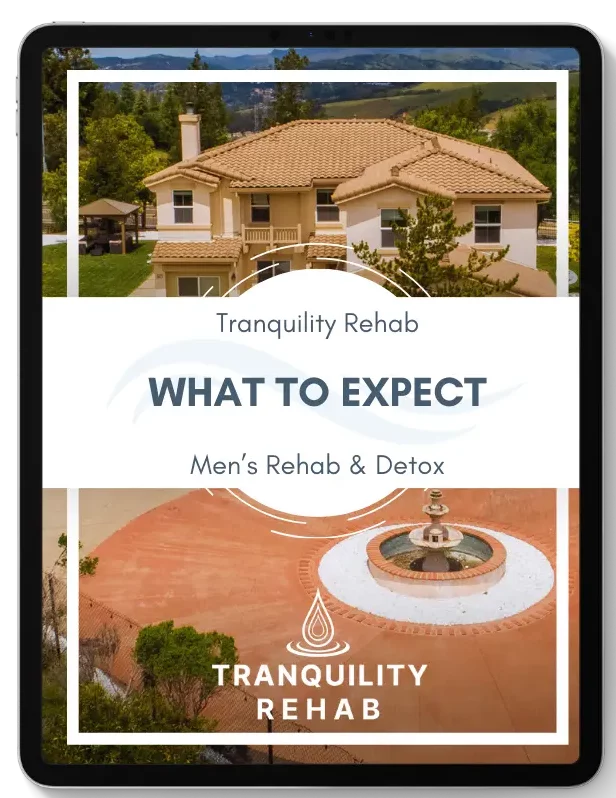Stigma remains one of the most significant barriers for individuals seeking help for addiction. It isolates people, perpetuates shame, and discourages them from taking the vital steps needed for recovery. At Tranquility Rehab, we recognize the impact of stigma on those struggling with addiction and aim to create a safe, supportive environment where individuals can thrive. In this article, we explore the roots of stigma, its effects on recovery, and actionable steps to overcome it.
Understanding Addiction Stigma
Stigma surrounding addiction stems from widespread misconceptions and negative stereotypes. Many people view addiction as a moral failing or a lack of willpower rather than a chronic medical condition. These misconceptions are fueled by societal attitudes, cultural norms, and even the language used to discuss addiction.
Common misconceptions include beliefs that addiction is a choice, that people with addiction lack self-control, and that recovery is simply a matter of quitting. In reality, addiction often begins with a choice to use a substance but evolves into a compulsive condition driven by changes in brain chemistry. Recovery is a complex process that involves addressing underlying issues, developing coping mechanisms, and often managing co-occurring mental health conditions. For instance, the National Institute on Drug Abuse (NIDA) highlights the neurological changes addiction can cause, emphasizing the need for medical intervention and long-term support.
The Impact of Stigma on Recovery
Stigma can affect individuals in ways that are both external and internal. Externally, people struggling with addiction often face discrimination in the workplace, healthcare settings, and social environments. This discrimination can make it harder to access the support and treatment they need. Internally, stigma leads to feelings of shame and guilt, erodes self-esteem, and creates fear of judgment. These internalized beliefs can make it even more difficult to reach out for help.
Research consistently demonstrates the negative effects of stigma on recovery. According to a study published in The Journal of Substance Abuse Treatment, perceived stigma is one of the primary reasons people delay or avoid seeking care. This stigma not only exacerbates feelings of isolation but can also contribute to poorer treatment outcomes for those who do seek help.
How to Overcome Addiction Stigma
Breaking down stigma requires effort from individuals and society as a whole. Here are some ways to address stigma and foster understanding:
1. Educate Yourself and Others
Understanding addiction as a medical condition, not a moral failing, is key. Addiction alters brain chemistry, affecting decision-making and impulse control. By learning more about the science of addiction and sharing this knowledge, we can challenge stereotypes and promote empathy.
2. Use Stigma-Free Language
The words we use matter. Terms like “addict” or “junkie” reduce people to their condition, perpetuating negative stereotypes. Person-first language, such as “a person with a substance use disorder,” emphasizes humanity and dignity. Adopting respectful language can make a significant difference in how addiction is perceived.
3. Create Supportive Environments
People in recovery thrive when surrounded by understanding and empathy. This includes family, workplaces, and community groups creating spaces that encourage open dialogue and emotional support. For example, employers can support employees in recovery by implementing policies that prioritize mental health and recovery-friendly work environments.
4. Seek and Promote Professional Help
Professional treatment and peer support groups provide judgment-free spaces to heal and grow. Peer support programs, like Alcoholics Anonymous (AA), offer a platform for individuals to share experiences and build resilience. Therapy can also help address the emotional burden of stigma, fostering confidence and self-acceptance.
5. Advocate for Change
Advocacy can shift public perceptions and influence policies that support those in recovery. Participating in initiatives like National Recovery Month or supporting legislation to improve access to treatment can pave the way for broader acceptance and understanding of addiction as a health issue. Advocacy also helps highlight the importance of removing systemic barriers, such as discriminatory practices in healthcare and housing.
Finding a Stigma-Free Zone
At Tranquility Rehab, we believe everyone deserves the opportunity to recover in a supportive, stigma-free environment. Our programs are designed to empower individuals, focusing on the physical, emotional, and mental aspects of recovery.
We understand the role stigma plays in delaying treatment, which is why we foster a culture of empathy and understanding. By offering holistic care, evidence-based therapies, and group support, we aim to dismantle barriers and provide a foundation for long-term recovery. Our team is dedicated to creating a space where individuals feel valued and supported throughout their journey.
Breaking Barriers, Building Futures
Overcoming stigma in addiction recovery is a journey that requires compassion, education, and collective action. When we challenge misconceptions, use respectful language, and create supportive environments, we pave the way for more people to seek the help they need. A report by the World Health Organization (WHO) highlights that reducing stigma not only improves individual outcomes but also strengthens public health systems globally.If you or a loved one is struggling with addiction, don’t let stigma stand in the way of healing. At Tranquility Rehab, we’re here to help you take that first step toward a brighter future. Contact us today to learn how we can support your recovery journey.


